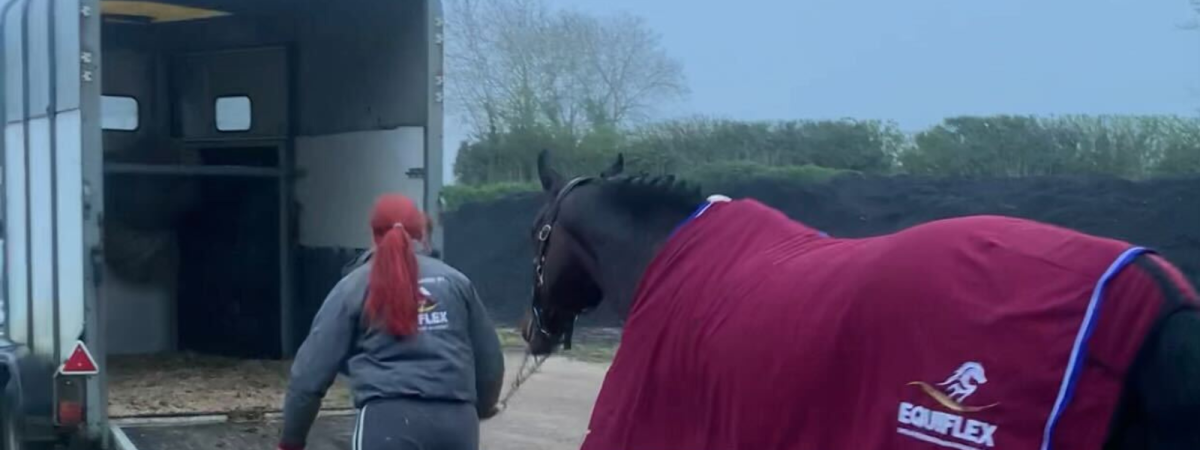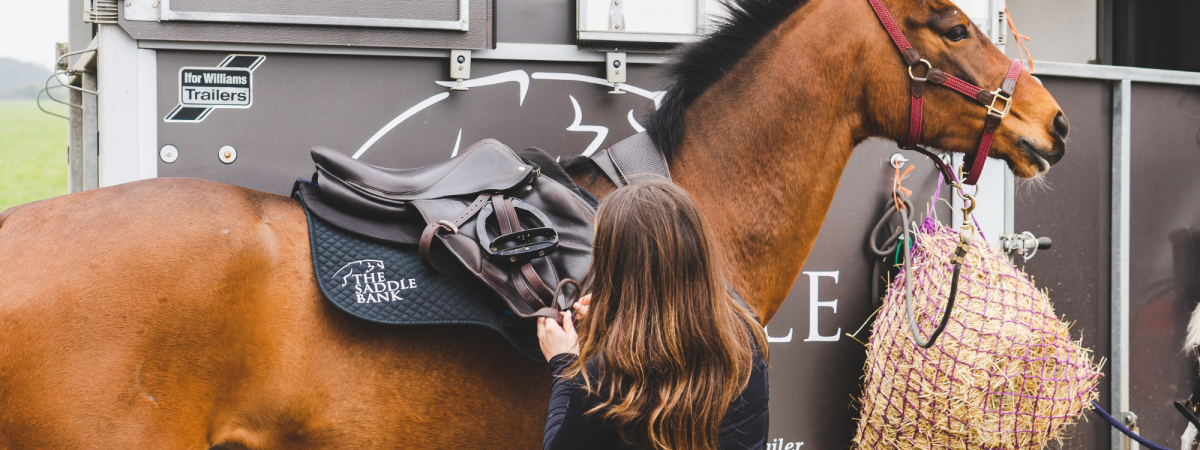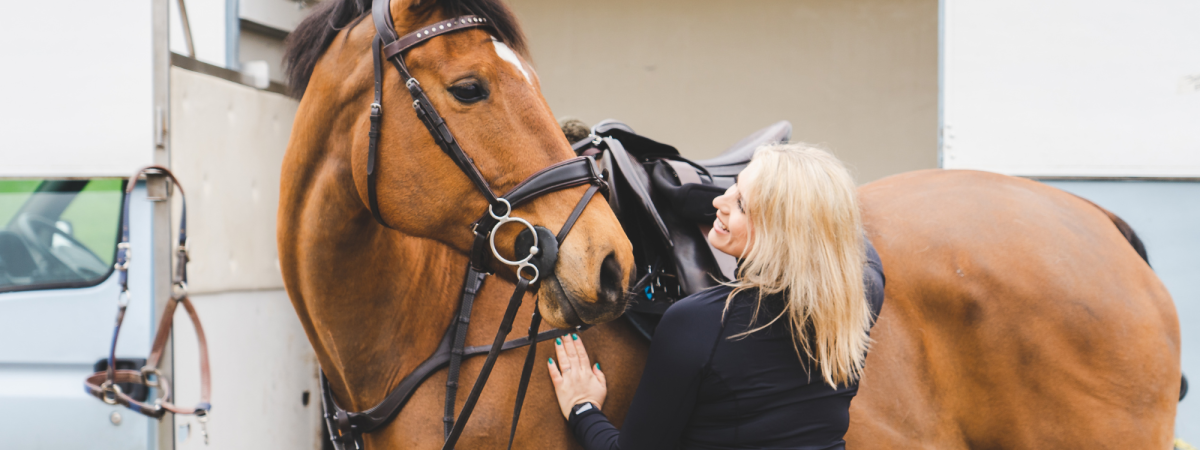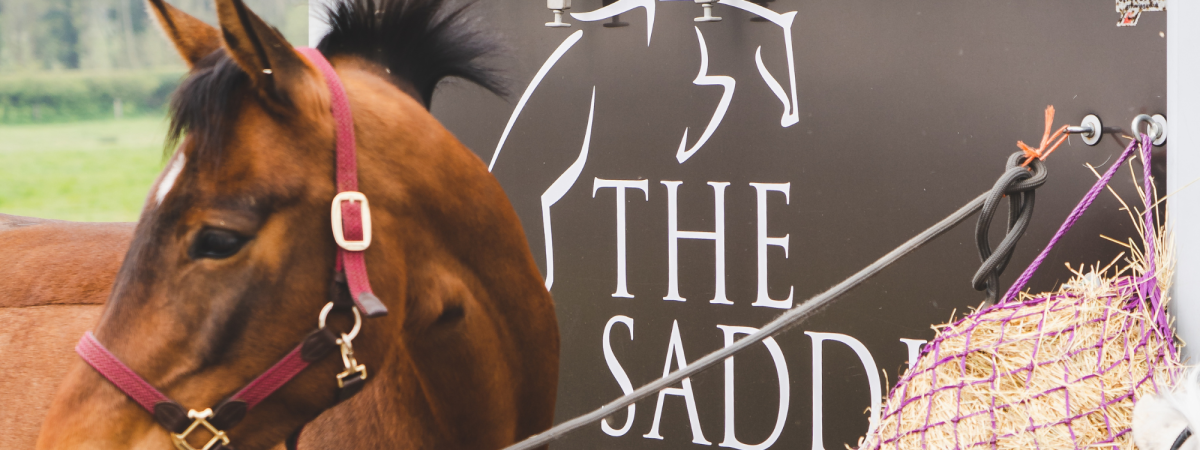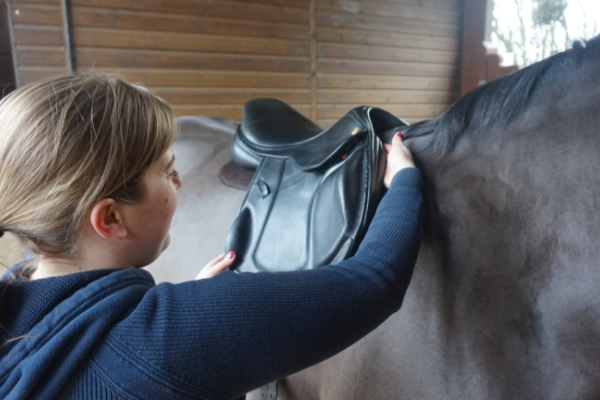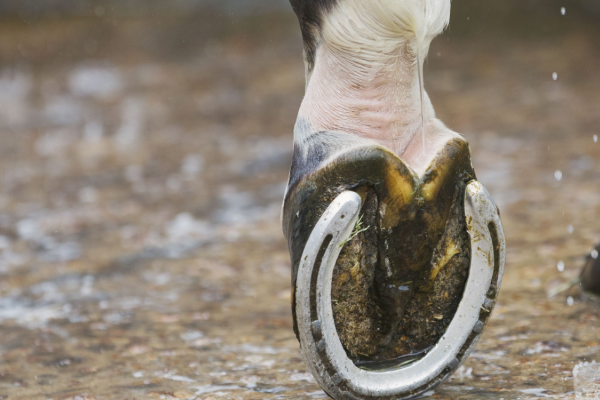Horseboxes or trailers, which is better for you?
Hunting, pleasure rides, competitions, shows, even dreaded vet visits, they all have one thing in common. You need transport. Without a horsebox or a trailer, you aren’t going anywhere.
A horsebox or trailer is another expense, but unfortunately, it’s an important one. And yes, you could rent, or pay a pal. However, realistically if you are going away frequently, this is not cost effective.
What is a trailer?
A horse trailer is what you attach on the back of your car. It is a separate towed unit. The horses can either stand forwards, backwards or herringbone with a partition in between (although some horses travel individually without partition), some trailers can hold up to 3 horses/4 ponies. Be aware though of the towing capacity of your vehicle as well as the payload of your trailer, weights can quickly add up, especially if you have living/storage in your trailer and/or big horses! The most well-known brands of trailers are Equi-Trek and Ifor Williams and Cheval Liberte.
Trailer license
Trailer licenses have been hot under the press recently. License or no license, that is the question. So let us clear a few things up. On the 16th December 2021 the trailer test changed format. So now, even if you passed your car test after the 1st January 1997 you are allowed to tow a trailer up to 3,500kg. This is great for horse people. No additional fees, no extra time-consuming qualifications are needed. Although, it would be worth having a read up on how to drive one, because driving a trailer is not as easy as it seems (especially the reversing). The coupling of the car and the trailer also takes some getting used to. Unfortunately, you cannot get a refund for any training or tests you have previously taken.
Safety Checks
Did you know? You can be fined up to £2,500, get 3 penalty points and even be banned from driving if you’re driving a vehicle or trailer which is unsuitable. It is important to know all the facts before driving a trailer. You must make sure that the trailer is correctly coupled to the towbar. Follow the manufactures advice to make sure it is connected correctly. The breakaway cable engages the trailer brakes or stops the trailer if it becomes detached from the car. Ensure this cable is attached securely, not too loose, or too tight.
Then the obvious checks, which we all do before getting our car (right?). Wheels, tyres, lights, and indicators all need to be checked daily. Don’t forget, you are travelling yourself and your horses now, so go to every length you can to keep everyone safe. You can get a free safety check for a trailer up to 3,500kg through the National Trailer and Towing Association free safety check schemece, for more details click here.
Horsebox
A horsebox is a vehicle that’s designed solely for transporting horses. Dependent on how large the horse area is, or how much the horsebox weighs, they can carry several horses. Sometimes up to 7 or 8. Fun fact, 3.5 tonne horseboxes are very popular. You can drive these on your car license, without any additional qualifications. However although most 3.5t are normally stalled for 2 horses it is vital to check the payload before buying as there aren't many that could take two horses. As don't forget with a lorry the payload also has to include; driver, passengers, tack, equipment (water etc) and fuel as well as your horse!
Horsebox licenses
Unfortunately, this is where things get a little complicated. So, we will break it down.
In order to drive more than a 3.5 tonne horsebox, you need a Category C1 HGV/LGV License. This specifically qualifies you to drive vehicles between 3.5 and 7.5 tonne without a trailer.
A Class C lorry license is what you need to drive a lorry over 7.5 tonne and 32 tonne
The ultimate, is a C + E Category lorry license. This license qualifies you to drive articulated trucks. Articulated lorries bend has a separate cab and trailer. These can weigh up 44 tonne.
One bit of good news though, you do not need to pass the HGV C1 lorry before training for the LGV C lorry.
Now the fun part. How do you gain your additional licenses?
Back to more bad news on this. This is quite a lengthy process. Firstly, you need to apply for a provisional license via the DVLA. Then, you need to get a ‘medical’. This must be done by a doctor (be sure to print off the paperwork correctly before going!). After that, you need to do a theory test which has two parts. Please note, the theory test is not like your car theory test. Unfortunately, this is universal test for all lorry drivers. You must put aside a fair bit of time to learn this material, it is not easy!
The hazard perception is similar to the car test though (sigh of relief). We would recommend getting these done before you start your training. Once you have completed this, firstly a big pat on the back. Secondly crack on with the fun part! Learning to drive a HGV is costly, it varies from £1,000 - £3,000. The price depends on location and what you get included in your training. Every company does it differently, most do an ‘intensive week’ of driving and then you take your test the week after.
If you are transporting horses professionally, there are more hoops to jump through. If you are driving for a profit. Check out the ‘CPC’ test which qualifies you to do it for hire or reward. Don’t get caught out, driving professionally takes a lot of looking into. You cannot just buy a vehicle and start driving for money – that would be far too easy, right?
HGV Checks
For an HGV there is an extensive list which needs to be carried out before you drive. You have a book which you fill out before every journey. An HGV is a massive vehicle, therefore there is massive list that can go wrong. A good idea is to get your lorry checked regularly by mechanics, especially before a long journey. Top tip: Know your height, this comes in very valuable for when you’re driving down country roads and hit a sign saying low bridge. Also, a lorry sat-nav is one of the most important things. Competition venues are not in the easiest of places, don’t get stuck down a narrow lane following a normal sat nav! It really isn’t worth it (all that equals is a lot of angry residents).
Advantages and Disadvantages of horse box and trailers
Like with everything there are advantages and disadvantages for both trailers and horseboxes
Costs are very varied when it comes to vehicles. Although a trailer is significantly cheaper to buy and maintain than a lorry. A trailer is cheaper, no doubt about it. However, you then need a car which tows said trailer you will need to factor in the cars towing capacity, this can change within models dpeending on age and engine size. Some cars are not up to towing horses - even though you would expect them to be. Think of the power you need to get the car, the trailer, and horses up a massive hill. One big consideration that you would need to check on both second hand trailers and lorries is something you hear horror stories about is the flooring, both in lorries and trailers. The floor, where your horses stand now MUST be made from Aluminium. Wood, rots. Aluminium is more long lasting, however there can be problems, and it isn't just the floor, dont forget to check the ramp as well!
If you are buying either a trailer or a horsebox, please look into the flooring. Rubber mats should be laid on top of the Aluminium for grip. Take up the rubber matting and see what is going on underneath.
Please be aware, a second-hand lorry is not always the best option. If the cab and engine of the lorry is quite old, you may be buying a lot of problems. Lorries are big vehicles; therefore, a lot can go wrong. Our recommendation is to buy a smaller lorry but a lorry which is newer, than an older lorry which is bigger.
We would always recommend having any trailer or horse lorry you are interested in checked over by a qualified technician in a pre-purchase exam.
If you are competing regularly and going nation-wide, or further, a horsebox could be the better option. If you are a leisure rider competing locally (or relatively locally) with one or two horses, a trailer may well be the better option.
You would also need to factor in that if you have a lorry you would generally need a day to day car as well, so there is the extra vehicle to tax, insure, MOT, service whereas many people who have a trailer the car they use is also their day to day car, and their trailer insurance and service isn't as costly.
Don’t risk it in high winds though. Another tip – due to BREXIT making things harder for everyone, you have to get your HGV or 3.5 tonne checked unloaded if you want to drive abroad. You can get them checked in Ireland or Belgium.
Horse transport like with everything else is also personal choice, some riders prefer to have a horsebox and some prefer to have a trailer, whatever your preference here at The Saddle Bank our main priority is you our customers safety!






